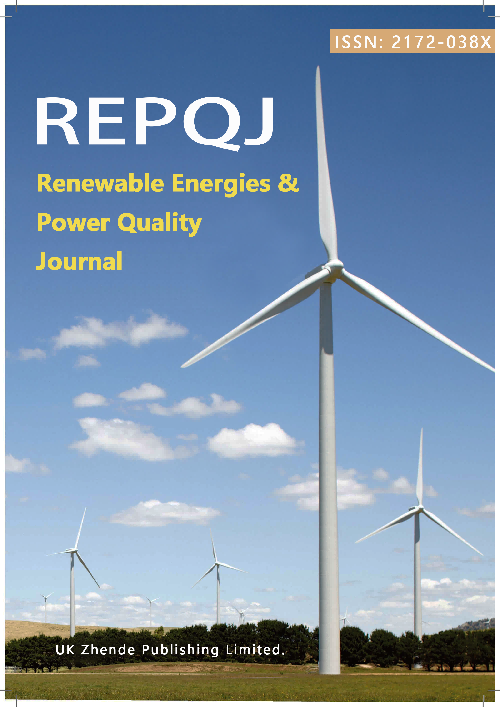Analysis of fault ride through in wind farms during network faults
DOI:
https://doi.org/10.52152/4553Keywords:
Fault ride through, short circuit current, wind farm, grid code, negative sequenceAbstract
Fault Ride Through (FRT) is a term used todescribe the ability of wind farms to remain connected to the system during disturbances, such as short circuits or voltage drops. This capability is vital for maintaining the stability of power systems and preventing the adverse consequences that may arise from wind power outages during disturbances. In addition to FRT, modern Grid Codes require wind farms to inject current during the fault under specific conditions, to sustain voltage and help protection relays detect and clear the fault. Wind farms achieve these goals through a combination of hardware capabilities and control algorithms. The goal of this paper is to analyse the Fault Ride Through capability of wind farms, using a test system modelled in the software tool Power Factory DIgSILENT, and to examine the characteristics of current injection under different control configurations. Through this analysis, the reaction of wind farms to different types of disturbances will be investigated, along with how their behaviour can be improved to ensure greater stability of the power system. This paper is the digest version of the full paper that will be sent in case of acceptance.
Downloads
Published
Issue
Section
License
Copyright (c) 2025 Tomislav Rajić, Pablo Eguia, Aitor Blazquez, D. Marene Larruskain (Author)

This work is licensed under a Creative Commons Attribution 4.0 International License.











